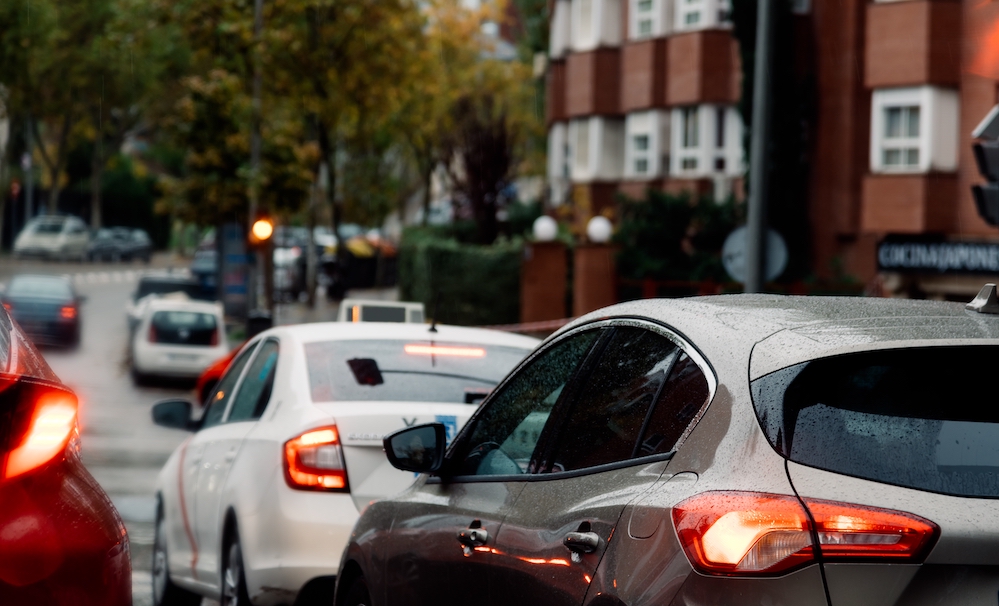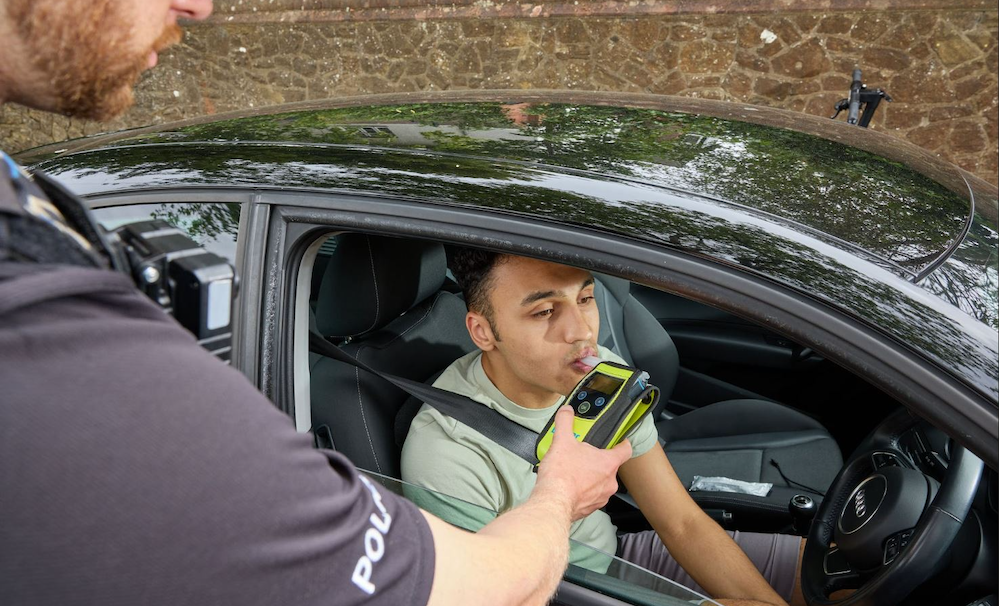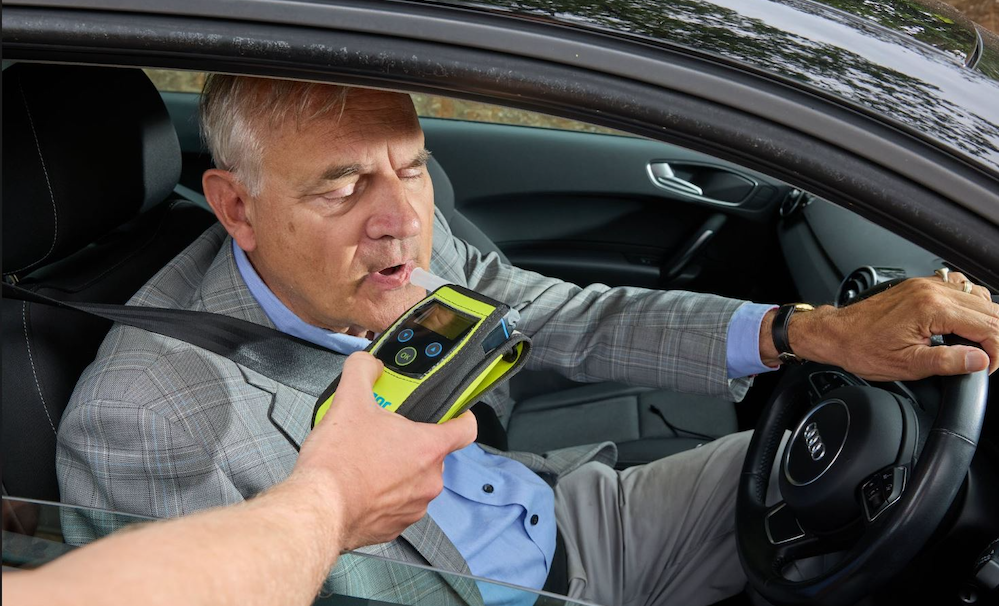Almost 700 offences were spotted in just one week by police officers patrolling the M1 in National Highways’ unmarked HGV cabs.
Eight police forces travelled the route between Leeds and London in the HGVs on the look-out for unsafe driving in a week of action targeting the motorway.
They stopped a total of 663 vehicles and uncovered 691 offences. The most common offence was not wearing a seatbelt with 239 people caught without their belt on – 73 in South Yorkshire alone.
This was followed by 181 people spotted using a mobile phone at the wheel then 44 drivers not in proper control of their vehicle and 43 driving without due care and attention.
Penalties ranged from words of advice and traffic offence reports to 14 court summons and even five arrests.
National Highways provides the unmarked HGV cabs to police forces across the country as part of Operation Tramline. From the elevated position in the HGV, officers can spot unsafe driving behaviour – whatever vehicle the motorist may be in.
The 663 vehicles stopped included 180 HGVs and 204 private vehicles.
They included one driver in Northamptonshire who was stopped due to the front side windows being heavily tinted and when tested they only allowed 11% of light through. The driver did admit to officers: ‘I sometimes have to wind the window down to see at night’. He was reported for having a vehicle in a dangerous condition.
The same force also stopped this driver with an insecure load for which he argued ‘that their own weight holds them on’. They were also reported for traffic offences.
Meanwhile Derbyshire Police spotted a number of insecure loads during the week of action – labelled Operation Freeway – including this vehicle which was seen travelling along the motorway.
The week of action took place during the first week of March during some severe wintry weather. Bedfordshire, Cambridgeshire and Hertfordshire Police officers had to pull over a number of vehicles to remove the snow off their roof or turn their lights on as visibility was very reduced.
National Highways Head of Road Safety, Jeremy Phillips, said:
“Hundreds of thousands of motorists travel over 21 million miles on the M1 every day – accounting for one in seven of all motorway journeys – and the vast majority are safe and legal drivers.
“But there is a minority that continue to put themselves and others at risk. It is disappointing that almost 700 offences were spotted in just one week – but thanks to Operation Freeway those drivers were prevented from continuing with their unsafe behaviours.
“Through this week of action we aim to reduce the number of incidents on the M1 and to encourage motorists to think about their driving and to adopt safer behaviours.”
Northamptonshire Police Safer Roads Operations Manager, Matt O’Connell said:
“Making sure everyone gets home safely is our top priority, and to achieve this, we need to ensure that we all use our roads both legally and responsibly.
“Commercial drivers drive thousands, if not tens of thousands, of miles each year and are sadly more likely to see the tragic consequences of poor driving standards, so it is always disappointing to still catch a small minority breaking the law.”
PC Dave Shaw, of the Derbyshire Police Roads Policing Unit, said:
“Using a HGV cab is a really useful tactic to help spot drivers who are putting other road users at risk and it’s still very disappointing to see so many drivers ignoring the law and choosing to commit offences on the roads.
“This operation shows how we continue to work in partnership with National Highways and other police forces to help improve road safety for all. We will be continuing to patrol the road network in Derbyshire and any driver found to be committing offences can expect to be given the appropriate penalty.”
Sergeant James Parmar, of West Yorkshire Police’s Roads Policing Unit, said:
“We stopped 86 drivers on West Yorkshire’s stretch of the M1 during Operation Freeway for over 90 offences. The vast majority of these drivers were driving HGV or LGV vehicles and stopped for fatal five offences.
“The reality is that the dangers of actions such as using a mobile phone while driving, not wearing a seatbelt or driving without due care or attention are potentially even more catastrophic when a larger vehicle is involved. The action that we have taken, alongside other police forces and National Highways, is all about keeping our roads safe for everyone.”







